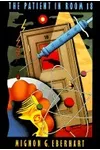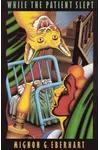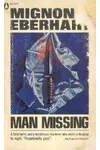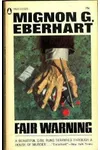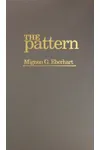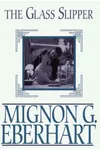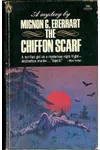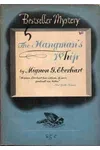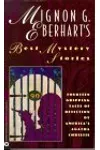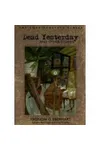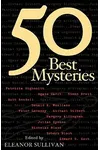Picture a Nebraska-born storyteller who spun tales of suspense and romance that rivaled the greats—meet Mignon G. Eberhart, the 'American Agatha Christie'! With 59 mystery novels over six decades, her knack for crafting gripping stories with strong female leads made her a trailblazer in the genre, earning her global acclaim and a lasting legacy.
Born in 1899, Eberhart’s career began with a spark of boredom and blossomed into a literary empire. Her unique blend of gothic chills, clever plots, and heartfelt romance captivated readers, cementing her as one of the highest-paid female crime writers of her time.
The Making of Mignon G. Eberhart
Mignon Good Eberhart was born on July 6, 1899, in Lincoln, Nebraska, where her imagination thrived. As a teenager, she penned short stories to pass the time, a habit that followed her to Nebraska Wesleyan University, though she left without a degree. In 1923, she married Alanson Clyde Eberhart, and to combat the monotony of married life, she turned to writing. Her first novel, The Patient in Room 18 (1929), introduced nurse-detective Sarah Keate, marking her debut as a mystery maven.
Influenced by the gothic atmosphere of Mary Roberts Rinehart and the puzzle-like mysteries of her era, Eberhart carved her own path. Her early success came fast—her second novel, While the Patient Slept (1930), snagged the $5,000 Scotland Yard Prize, proving she was a force to be reckoned with.
Mignon G. Eberhart’s Unforgettable Stories
Eberhart’s novels are a thrilling mix of suspense, romance, and sharp-witted heroines navigating danger. Her series character, Sarah Keate, a red-haired nurse with a sharp tongue, starred in seven novels, including The Mystery of Hunting’s End (1930), where she unravels a murder at a desolate lodge. Unlike many of her peers, Eberhart favored standalone mysteries, a bold choice that showcased her versatility across 59 novels.
Key works like House of Storm (1949) weave romance and danger, with a heroine torn between love and a suspected murderer on a hurricane-swept Caribbean island. Postmark Murder (1955) delivers twisty plots and psychological depth, while Call After Midnight (1964) keeps readers guessing with its exotic locales. Eberhart’s lyrical yet spare prose, paired with vivid settings from Hong Kong to the Louisiana bayou, made her stories immersive and unforgettable.
Her ability to craft relatable characters with believable motives set her apart. Female protagonists, often caught in romantic entanglements or gothic mansions, were both brave and resourceful, paving the way for modern romantic suspense. Eight of her novels, including While the Patient Slept, were adapted into films, bringing her chilling tales to the silver screen.
Why Mignon G. Eberhart Matters
Eberhart’s impact on the mystery genre is undeniable. As a pioneer of romantic suspense, she influenced writers like Mary Higgins Clark, blending heart-pounding thrills with emotional depth. Her strong female leads, like Sarah Keate, arrived before Agatha Christie’s Miss Marple, challenging the male-dominated detective trope. Her global appeal, with bestsellers serialized in magazines like Collier’s, made her a household name.
Honored with the Mystery Writers of America Grand Master Award in 1971 and the Agatha Award for Lifetime Achievement in 1994, Eberhart’s legacy endures. Her work, recently reissued by publishers like the University of Nebraska Press, continues to captivate new readers, proving her stories are as timeless as they are thrilling.
- Born: July 6, 1899, Lincoln, Nebraska
- First Novel: The Patient in Room 18 (1929)
- Key Awards: Mystery Writers of America Grand Master (1971), Agatha Award for Lifetime Achievement (1994)
- Total Novels: 59
Snag The Patient in Room 18 or House of Storm and dive into Mignon G. Eberhart’s spellbinding world of mystery and romance!
